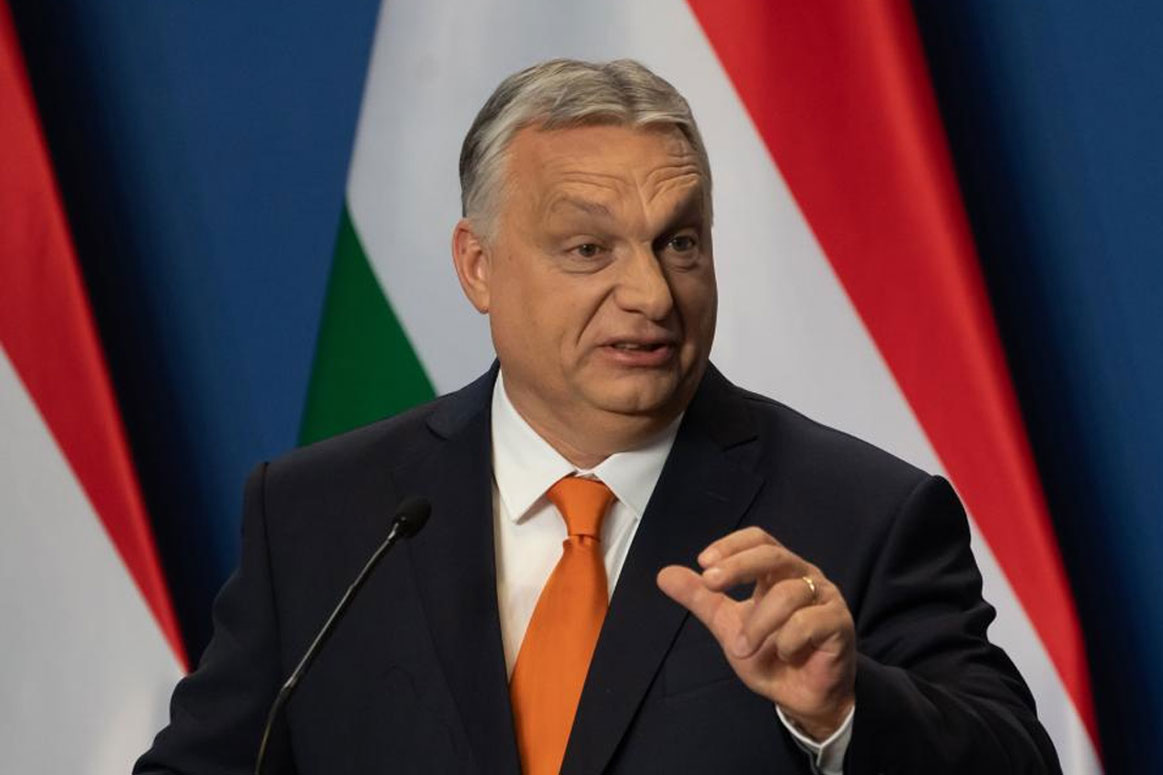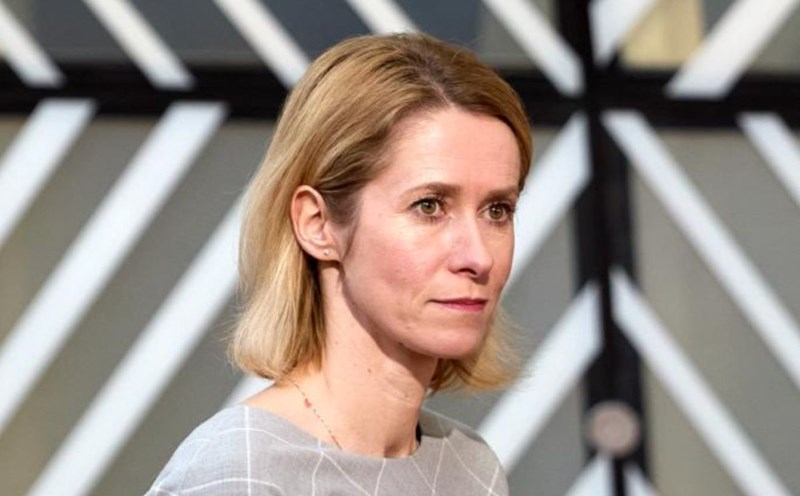According to Bloomberg, the European Union (EU) is considering the options to extend the sanctions of Russia without the consent of all 27 member states, in the context of Hungary continues to hold the Moscow's stance.
If this plan is successful, the EU can maintain sanctions despite objections from Budapest. Currently, sanctions on Russia need to be extended every 6 months and the next extension is expected to take place in July.
Earlier, Hungary has repeatedly threatened to veto sanctions, and in the past had done this, before concessions after negotiations with the European Commission (EC). Hungary's opposition reasons are often not directly related to the policy for Russia.
In order to overcome the absolute consensus requirements, the EC is considering the possibility of transferring current sanctions into trade measures - which only need to achieve the majority of conditions to be approved.
Bloomberg said the current EU sanctions on Russia include restrictions on exports of technologies that can be used in weapons production, along with the ban on imports such as steel, most oil and aluminum.

If the sanctions prolonged smoothly, the EU will also need to extend a number of other important measures, including freezing nearly 200 billion euros (equivalent to US $ 227 billion) of the Russian Central Bank's property, as well as maintaining sanctions for hundreds of individuals, boats and organizations that are charged with the conflict support of Moscow against Ukrainian.
Another plan being considered is to establish a "country alliance" - a group of members voluntarily imposing sanctions at the national level. Currently, most of the Russian central bank's assets are blocked through Euroclear - a clearing organization located in Brussels (Belgium).
Up to now, the EU has passed a total of 16 sanctions on Russia.
Hungarian Prime Minister Viktor Orban continues to maintain a close relationship with Russian President Vladimir Putin and think that Russia is not a military threat to the EU. At the beginning of the year, Orban deliberately deliberately postpone the penalty extension after US President Donald Trump won the November election.
Meanwhile, the administration of Donald Trump still maintains sanctions, but said that the loosening of sanctions may be considered if reaching an agreement between Russia and Ukraine, or vice versa will increase if Moscow continues to refuse the ceasefire that Kiev agreed.
So far, the majority of European leaders still resolutely opposed all proposals to loosen sanctions against Russia, and at the same time calling for strengthening the pressure to Moscow.










